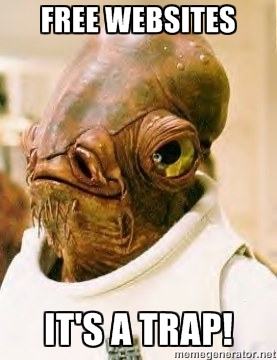
Last year, Priceline.com made a splash when it acquired Buuteeq, a digital marketing and website “cloud-based system” for independent hotels, for what looks like $98 million.
My detailed analysis of that purchase made a lot of headlines, and also missed a lot of headlines when some of the top hotel news websites did not carry my article. (Buuteeq was a big advertiser for them.)
Last week, Priceline announced that it would no longer let Buuteeq operate as an independent brand, and that they now offer free websites in exchange for a 10% commission on every dollar generated on those sites. Here is my analysis of what this means for the lodging industry.
Goodbye, Buuteeq.
The first thing I observed is how quickly Priceline moved away from letting Buuteeq “continue to operate as an independent business within The Priceline Group.” I was highly skeptical about them being allowed to operate independently when I first wrote about the acquisition in August 2014 (read my conclusion section here). Thousands of independent hotels and B&Bs using the Buuteeq platform were given a “nothing is going to change” story by the founders.
Here is an excerpt from an email that one of the founders of Buuteeq (Brian Saab) sent to a bed and breakfast client:
“We remain an independent brand (one of the prime reasons we considered the merger with Priceline Group) and we continue to run business as usual. That said, I am thrilled to be able to rub shoulders with other brands in the group; we’re already getting great advice on how to improve conversion for hoteliers (who wouldn’t want to get best practices from the likes of Priceline, Kayak, and Booking)!”
How cute! But we all know by now that nobody acquires a small company to make things better for their existing clients. They buy assets to benefit the larger group, which in this case is Priceline Inc. The interests of thousands of small and independent hotels is not the primary objective of Priceline. Their own revenue is their prime objective (as you should expect). Have you seen their amazing stock price lately? And yes, I still use Yahoo Finance.
The hotels who built their entire online presence on the Buuteeq platform – instead of owning their own digital assets – now have even less control over what happens to their own website and marketing. Priceline Inc. will tweak, update and change the new entity as they deem fit.
You must keep in mind that Buuteeq was acquired because it was working. It was built by smart people: former Microsoft executives Forest Key, Adam Brownstein and Brian Saab. They raised the capital, built the platform, and implemented aggresive sales teams that closed thousands of hotels and inns. They even convinced established hotel brands like Choice Hotels to join them. They flourished by playing on one of the lodging industry’s major deficiencies: the fact that people in hospitality do not want to spend time or money on direct marketing/ building a website/ getting a decent shopping cart.
This hands-off, price-shopping hotel culture was the key to their success, even when it’s common knowledge among lodging operators that their website is their single most profitable channel. The same key will unlock BookingSuite’s success. They’re just taking it to the next level. What can I say? It’s as surreal as a Salvador Dali painting.
Hello, BookingSuite.
For quite some time now, I have been seeing the BookingSuite link taking the place of “Hotel Marketing by Buuteeq” on independent websites. How did I know that the Buuteeq brand would be “sunsetted” by Priceline? Because there is so much more money to be made by taking a % of bookings versus peddling “digital marketing platforms” for a flat monthly fee. Where is the fun revenue in that?
You see, if a hotel on the Buuteeq platform decided to spend money directly on Google via PPC (which is their greatest marketing tool!), the hotel itself would profit from PPC success. This of course, is not what Buuteeq/Booking Suite would like to see. They would prefer to cash in on any marketing success you experience.
So, back in August 2014, less than 24 hours after the Priceline takeover, the old Buuteeq pricing chart disappeared. Since nothing can be truly deleted from the internet, here is a retro screenshot showing what Buuteeq was charging:
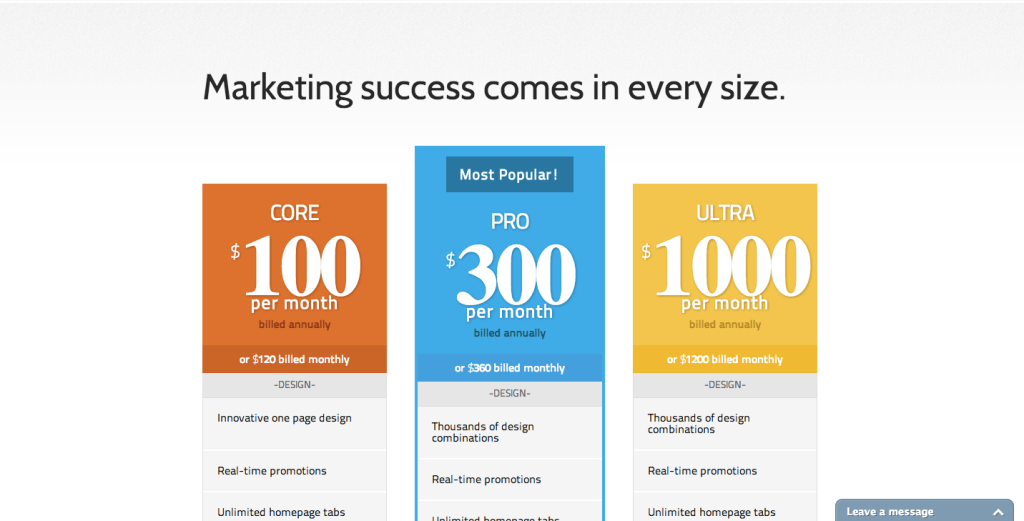
Now let’s estimate what Priceline will make by charging 10% commission on every room booked on your BookingSuite–powered free website:
[table id=5 /]
The chart above clearly shows that even a small inn booking $10,000 in revenue is worth more than the flat-fee “Ultra” client, which only made them $1000 in monthly revenue, and out of which payroll, project management, etc. had to be paid. With the new pricing model, even a hotel booking as little as $5000/month is probably more profitable than offering monthly plans and pricing tiers. Remember, Priceline is not about giving choices to hotels and lodging providers. It’s about giving choices to your guests, and making a ton of cash doing it.
On the other hand, you could make yourself a comparable website that you own for around $1000, or one month’s commission. Even if you splurge on a custom site for 5-10K, you’ll be coming out ahead way before the year is up.
Now with BookingSuite, Priceline is going to do something they are exceptionally good at: make more money for themselves from selling your hotel/inn/bed and breakfast. Not only do they want to make money by selling your rooms on their Booking.com and partner websites for a 20% commission; they also want to make 10% on every room you sell from your own website. Cool trick, eh? They are about to make it rain revenue.
Free Websites? It’s a Trap!
Who can forget that moment in Star Wars: Return of the Jedi when Admiral Gial Ackbar realized what was going on.
“It’s a trap.”
Yes, free websites are a trap indeed. The old adage “there is no such thing as a free lunch” needs to be revisited by anyone in the hospitality business who is considering getting a “free” website. Yes, BookingSuite is a “free” website, but it comes with a very big price. The price is 10% of every single dollar you book on that website.
I am not against paying an OTA (Online Travel Agent) a commission for revenue they deliver to my hotel, when they incurred the marketing cost of bringing that guest to me. I don’t even mind them converting a guest who is hooked on their brand. The thing to consider here is that, when using BookingSuite, you are going to share 10% of every dollar booked on the website, even the revenue that you made because of your own:
- direct marketing
- reputation & press
- referrals
- word of mouth
Here is a wonderful thought. Instead of paying a flat 10% commission to BookingSuite, spend it here instead:
- Spend directly with Google. Buy something as simple and effective as your brand name keyword searches.
- Pay a photographer. Photos make or break a website. Better photos = better revenue (update them on all your channels!).
- Put more/better content on your website. Convert visitors on your website by giving them better information about your location/destination.
- Do some testing. Try out social and meta advertising platforms with minimum budgets and see what works best for you.
- Get a print ad. LOL, j/k. Print is dead. Just added this here to make sure you are still reading.
The “We Do Not Have Website & Marketing Budget” Myth
Ok, this one is one of the most irrational arguments against building your own website and brand presence. Even in their Wall Street Journal announcement, Priceline highlighted that:
“BookingSuite is aimed at independent and boutique hotels without the deep pockets.”
This has to stop. Buying a website and investing in direct marketing is not like buying diamonds or an island or a luxury yacht. Not only are websites inexpensive, but as a lodging operator you simply cannot decide to skip direct marketing. As for booking engines, there has never been more choice than today. I think a new booking engine might even get launched by the time you finish reading this article.
Here is what a hotel website will cost you if you would like to get one today:
- Download WordPress: $0. Download is free, but you have to know a little tech. Don’t worry, you can do it with a very small amount of online research. (See…no free lunch!)
- Get hosting: $10–$15/month. Try: Bluehost, Host Gator.
- Pick a design theme: $0–$80. There are many pre-designed templates to choose from if you’re on a budget. Look at Elegant Themes, WooThemes.
- Stitch the site together: $600. Add logo, content, photos, etc. You’d be surprised at how much you can do yourself. But if you’d rather not, developers are available for $20–$60/hour. They can make your site in 8-10 hours, at a cost of approx $600.
- Start running ads on Google: $500/month. Open a Google Adwords account ($0). Get support to write an ad for your brand name searches, and set a budget that is right for your market ($200–$800/month).
So the question you have to ask yourself is: who is this hotel with deep pockets? In the age of WordPress, can you really not afford your own website? Can’t afford and being lazy are not the same thing.
The article in Wall Street Journal also mentioned that BookingSuite already has 2,800 lodging partners signed up and another 3,600 joining soon. Amazing, to read that so many people are willing to share revenue for the lifetime of their website rather than make a direct investment of their own time and a little bit of money.
Lodging operators who have no money to get a website should probably look for a new line of business. Only, no business today can really survive without the web. And no business can survive without direct revenue and innovation. Just ask music industry executives, or Blackberry (RIP).
Conclusion
Is there hope for hospitality? Yes! Actually it’s a simple 2-step program:
- Always own your digital assets.
- Be wary of free lunches. There is no free lunch in this life. You will pay for it one way or another.
If you’re ready to take the brave leap into being responsible for your own website and marketing, I’m right here for you. Email me. I’m always ready to talk with you or help you with a project. You just need to take the first step.
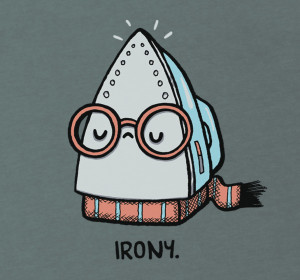 Interestingly, IHG is one of the brands I often refer to when speaking about Airbnb and its impact on travel. The ex-CMO of IHG shocked me at a conference three years ago when he did not know what Airbnb was. They now have a new team in place, but the struggle continues.
Interestingly, IHG is one of the brands I often refer to when speaking about Airbnb and its impact on travel. The ex-CMO of IHG shocked me at a conference three years ago when he did not know what Airbnb was. They now have a new team in place, but the struggle continues.
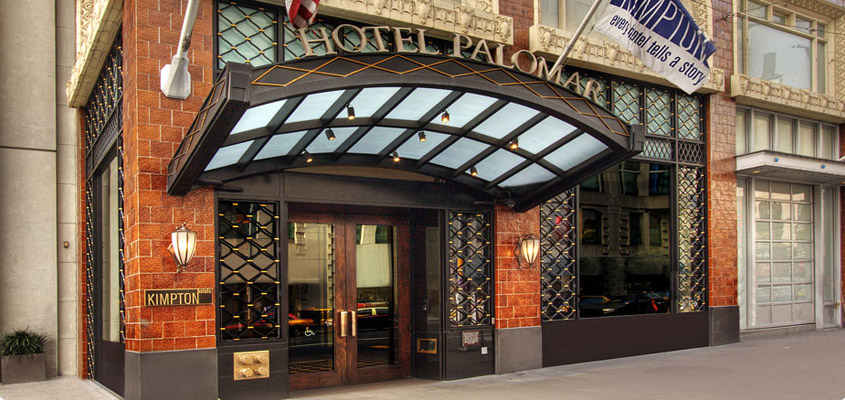
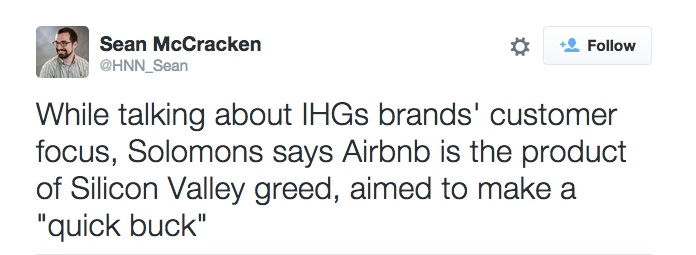
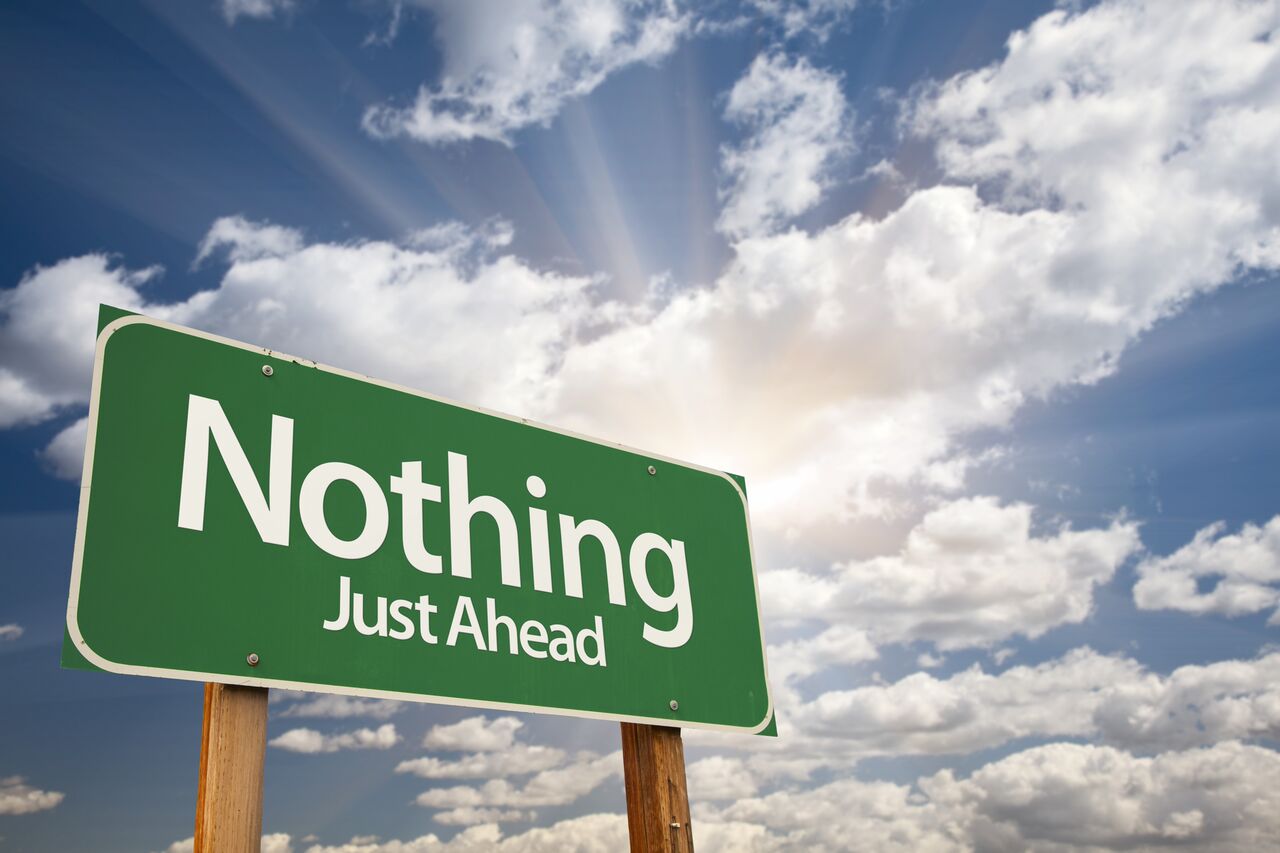
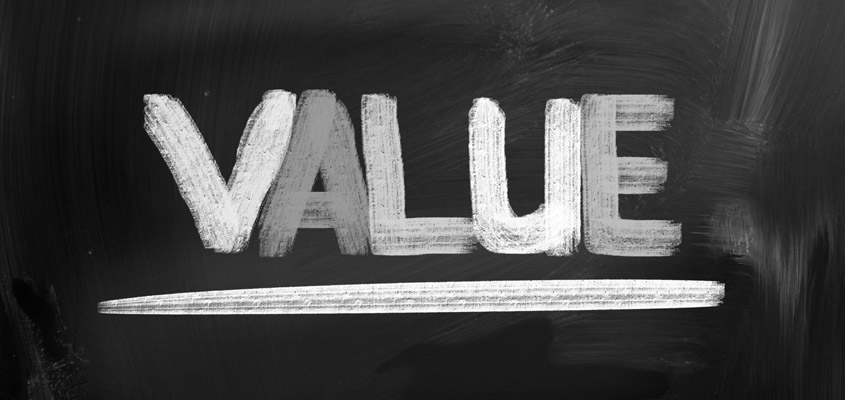




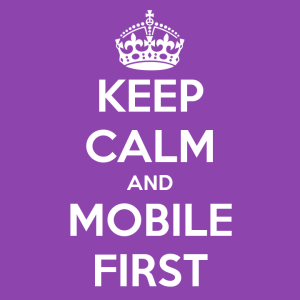
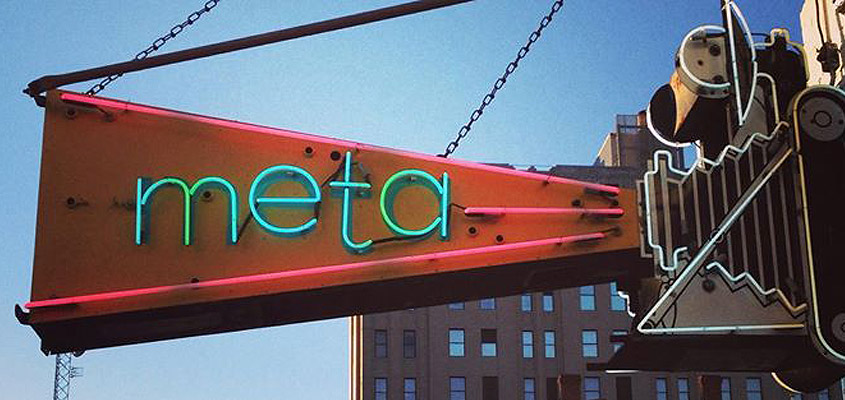


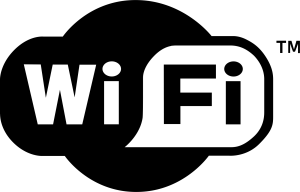

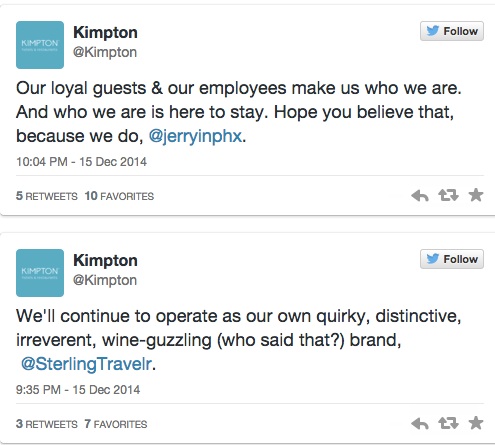 How quickly things change! Check out the two standard tweet replies now going out from the @kimpton hotels Twitter account. These are used to reply to all tweets, no matter how positive or negative.
How quickly things change! Check out the two standard tweet replies now going out from the @kimpton hotels Twitter account. These are used to reply to all tweets, no matter how positive or negative.